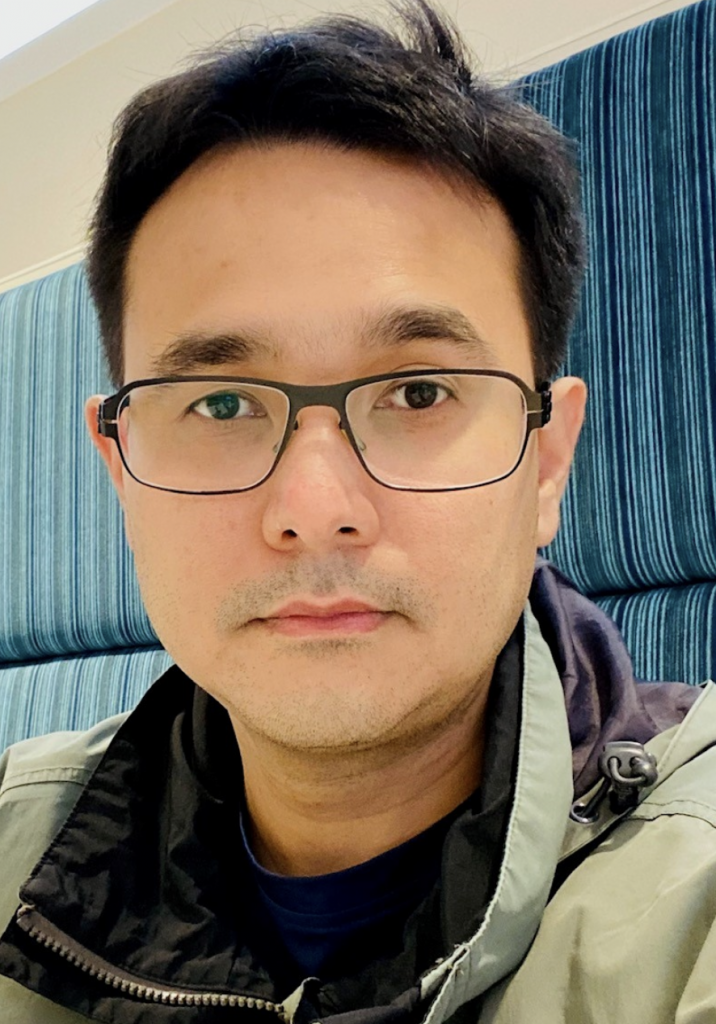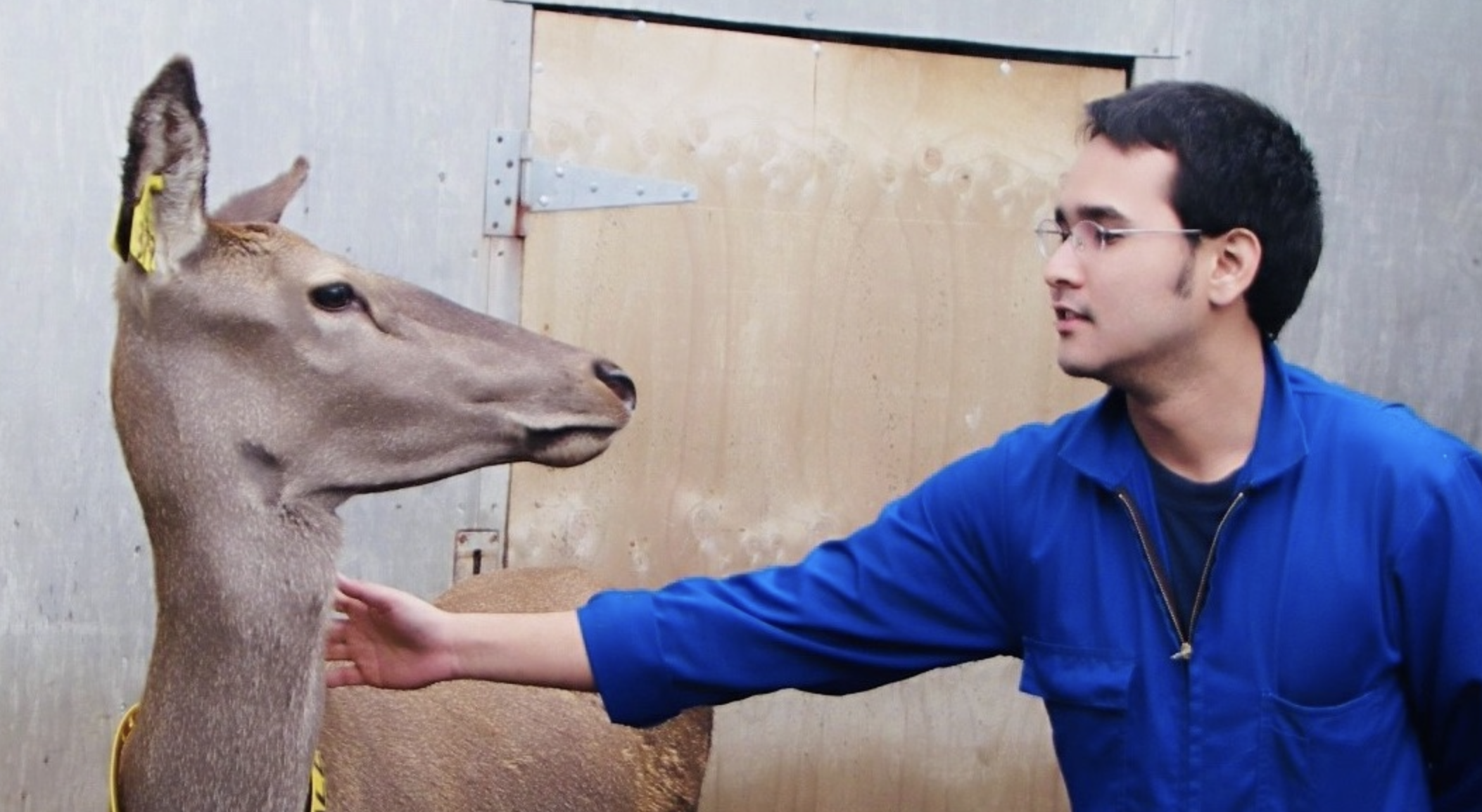Meet Dr Art Subharat
Senior Lecturer, Massey University
What is your area of animal health?

I was trained as a veterinarian at Chulalongkorn University (Thailand) and completed my PhD in veterinary epidemiology at Massey University (New Zealand). I have worked as a post-doctoral researcher at Moredun Research Institute (Scotland) and as a research scientist at Crown Research institute AgResearch (New Zealand). Currently, I am a senior lecturer at the EpiCentre, School of Veterinary Science, Massey University. Apart from my teaching role at Massey, I have been involved in the training of epidemiology topics for government veterinary officers at the national and international levels. In New Zealand, I am part of the trainer team to develop and deliver the Epidemiology Professional Development Training organised by the New Zealand Ministry for Primary Industries (MPI). Internationally, I have been responsible for developing and delivering training courses for the World Animal Health Organisation (WOAH) capacity-building program.
What is your role in the APCOVE project?
I am an active member of APCOVE. I was responsible for developing e-learning modules in the Outbreak investigation and Response, and One Health and Biosecurity competencies. I led the team in creating a case study, “Module E07: Developing an Evidence-based Control Strategy for Rabies by Ranking its Exposure Sources”. I also contributed to creating the “Module B05: Foot-and-Mouth Disease Outbreaks in Myanmar” case study and “Module E03: Prevention of Zoonotic Diseases”. I have also led and coordinated with colleagues at the National University of Laos for stakeholder consultation activities to assess the veterinary epidemiology capacity of the animal health workforce in Lao PDR. In addition, I am also part of the training and evaluation committee for APCOVE.
Why are you passionate about improving the skills of the Asia-Pacific animal health workforce?
I am particularly passionate about projects that directly impact the economy of smallholder livelihoods in developing countries and address challenging animal health and food security issues. I foresee a huge benefit in improving the skills of the animal health workforce on this, especially from the ground level. As we know, there are challenges in detecting and responding to emerging animal (and zoonotic) diseases in developing countries where the animal health workforce is under-resourced. Therefore, improving the skills in outbreak investigation and response, surveillance, data analysis, risk assessment and disease control are important to strengthen the capability of the animal health workforce to provide timely and appropriate responses to protect animal (and human) health effectively.
Being involved in APCOVE helped me fulfil my aspiration to contribute to the region I came from. In my opinion, the APCOVE modules are valuable resources to strengthen epidemiological skills and knowledge of the animal health workforce and should be made available to other countries/regions.
